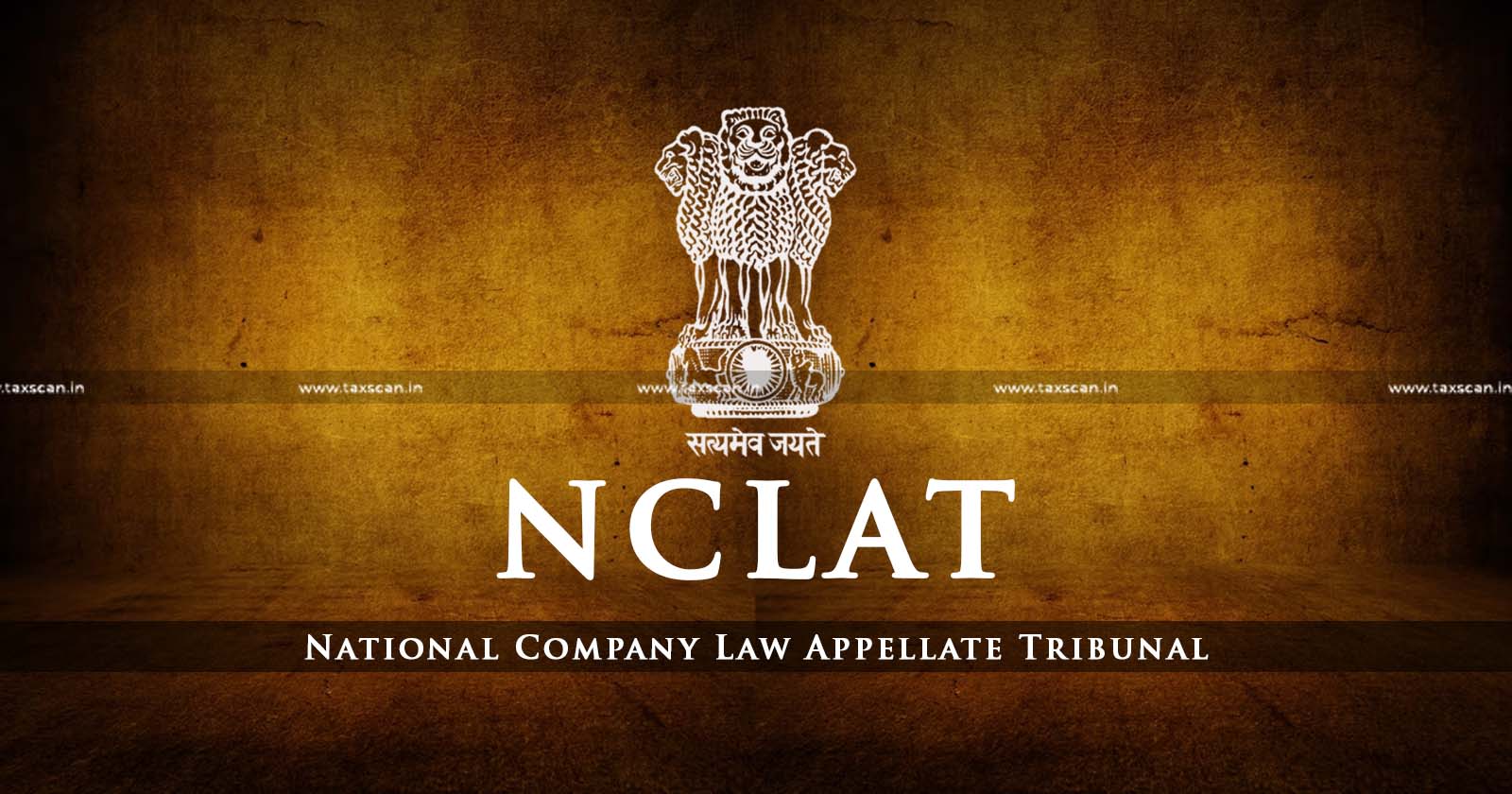Acknowledgement of liability by Corporate Debtor through Email not valid, cannot Extend Period of limitation: NCLAT

The Principal Bench of the National Company Law Appellate Tribunal (NCLAT) has held that Acknowledgment of liability by a Corporate Debtor (CD) through Email is not valid and cannot extend the period of limitation.
M/s. G.L. Shoes, the appellant who is an operational creditor challenged the Impugned Order whereby the Adjudicating Authority has dismissed the Section 9 application seeking initiation of Corporate Insolvency Resolution Process (‘CIRP’) against Corporate Debtor-Action Udhyog Private Limited (the present Respondent).
The Appellant used to supply footwear and related products to the Corporate Debtor/Respondent based on purchase orders received from them. It was also submitted that the invoices stipulated payment to be made 75 days from the date of invoice. Goods were supplied between April – June 2016 and payment fell due on 08.07.2016. The date of default on the part of the Corporate Debtor as submitted by the Appellant is 08.07.2016. The Operational Creditor issued a demand notice to the Corporate Debtor on 02.07.2019 demanding payment of Rs.22.26 lakhs as unpaid operational debt including interest @ 18% per annum.
The Operational Creditor filed a Section 9 application before the Adjudicating Authority. It was contended that the Section 9 application was erroneously dismissed by the Adjudicating Authority on grounds of having been barred by limitation. It was submitted that the impugned order took note of the date of default to be 08.07.2016 as mentioned in Part IV of the Demand Notice and held that the Section 9 application having been filed on 22.01.2020 which was well after three years from the aforementioned date of default, the same was barred by limitation.
It was contended that the Corporate Debtor had acknowledged the debt in their email dated 05.05.2017 which therefore extended the period of limitation. Section 4 of the Information Technology Act, 2000 allows any information which can be transmitted on paper by physical mode to also be henceforth transmitted in electronic form too.
The Board agreed with the view of the Adjudicating Authority that merely because a document is sent via electronic mode instead of physical mode, the legal and mandatory requirements of authentication of documents will not change and cannot be dispensed away.
It was evident that the main email merely contains one cryptic word ‘FYI’ which means ‘For your Information’ as is used in common parlance. For Section 18 of the Limitation Act, 1963, an acknowledgement must be unambiguous and clear. The statement annexed to the email dated 05.05.2017 does not carry any signature let alone being signed electronically.
A two-member bench comprising Justice Ashok Bhushan, Chairperson and Barun Mitra, Member (Technical) observed that the email of 05.05.2017 cannot be viewed as an acknowledgement of liability on the part of the Corporate Debtor and hence cannot help in extending the period of limitation.
The authority upheld the impugned order which rejected the Section 9 application filed by the Appellant on grounds of having been barred by limitation and dismissed the appeal.
To Read the full text of the Order CLICK HERE
Support our journalism by subscribing to Taxscan premium. Follow us on Telegram for quick updates


